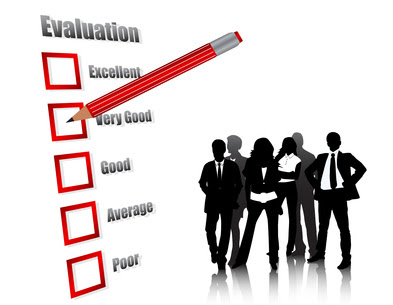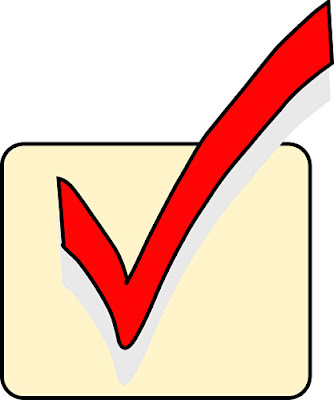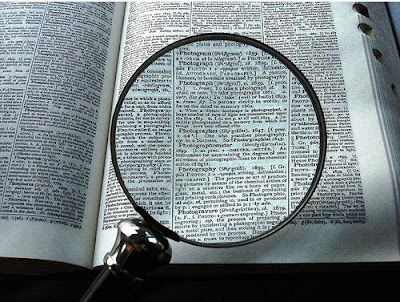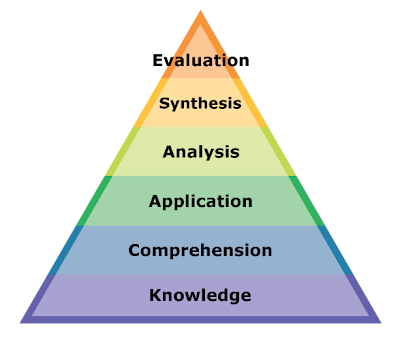The development of a good essay depends on your essay writing check list. If you properly follow the required checklist than you will definitely gain good score in Essay writing.You can check essay check list of students. The Essay Writing checklist used for academic purpose (i.e.IELTS or ESL) or during admission in colleges.The online software's are available for this purpose. Read and follow the following Essay writing check list for better result.
• Title of any essay is very important. Check your title. The title should be appropriate not generic or boring. It must entice the reader.
• Title of any essay is very important. Check your title. The title should be appropriate not generic or boring. It must entice the reader.
• The lead sentence should be appropriate. Check whether it introduces the main idea and provide a firm foundation for the sentences that follow it.
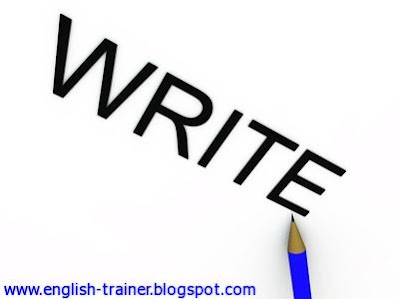
• Check your paragraphs it should be uniform. Whether all of the sentences in each paragraph relate to the topic sentence. It is important to use a variety of sentence lengths.
• Elaborate on general ideas by providing details such as descriptions, examples, and explanations.
• Check, identified and eliminated any cliches.
• Check whether any sentences that need to be shifted to a more appropriate paragraph or eliminated entirely.
• Check whether every sentence contain a subject and a predicate.
• Check whether your word choices as appropriate and precise as they could be. Have you looked up any words about which you were uncertain?
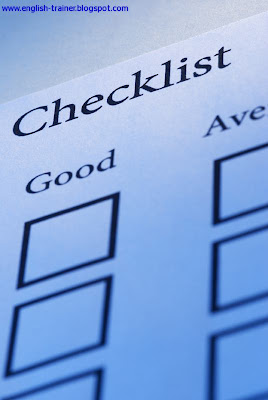
• Check whether your thoughts flow smoothly throughout the paper.
• Conclusion is very important. Check whether your conclusion provides a final summary or judgment, or make a future prediction.
• Proofreading is an essential step. So do proofread manually.
• Word processor’s are very good to check your spelling and grammatical errors. Run your word processor’s spellchecker to check your spelling and punctuation errors.
• Read your paper aloud or give your paper to a friend or relative to read it aloud to check your stilted phrasing, sentence fragments, and run-on sentences.

• Check whether all of the sentences in your essay relate to your main idea and topic.
I hope above mentioned checklist helps you to write effective essays which gain an excellent score.
I hope above mentioned checklist helps you to write effective essays which gain an excellent score.

